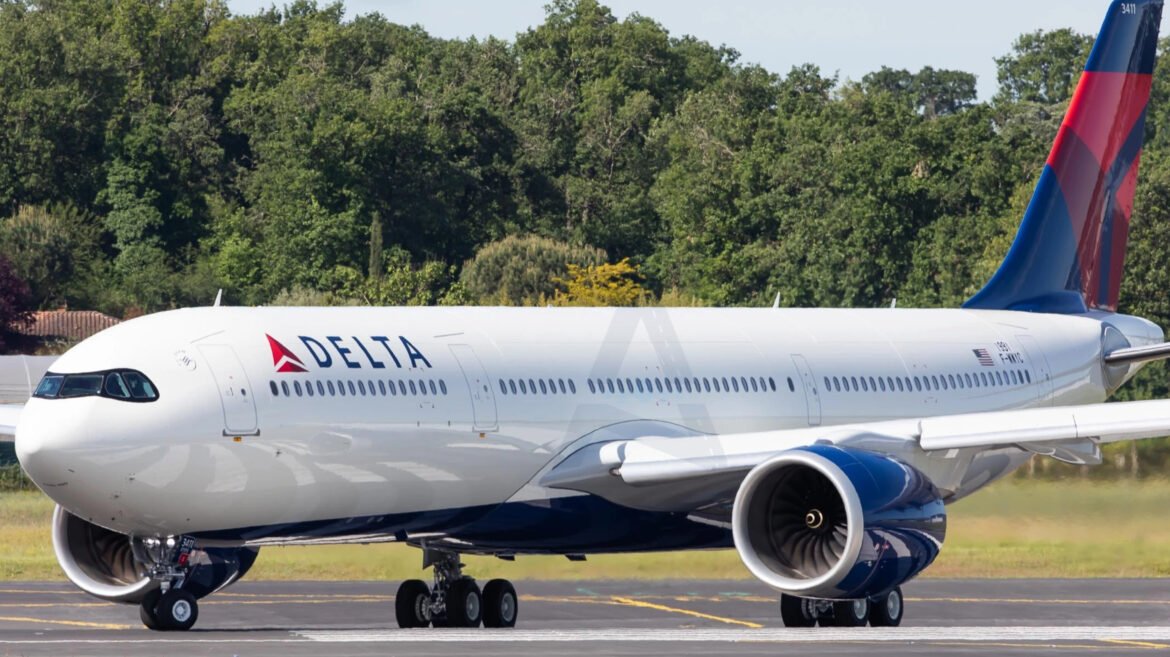Delta Air Lines faced a significant safety incident on November 29, 2024, when two flight attendants were found to be under the influence of alcohol just before the departure of a long-haul international flight from Amsterdam (AMS) to New York (JFK). The two crew members, a female and a male flight attendant, were subjected to breathalyzer tests shortly before boarding, which revealed alarming results, leading to their immediate arrest and suspension.
The female flight attendant’s breathalyzer reading was seven times over the legal alcohol limit for aircrew members, a severe violation of aviation safety protocols. As a consequence, she was fined €1,900 (approximately US $2,000). This extreme breach of regulations highlights the strict rules governing alcohol consumption among aviation personnel, aimed at ensuring the safety and well-being of passengers and crew during flights.
Her male colleague was also found to be under the influence, though less severely. He marginally failed the breathalyzer test, registering 0.02 above the permissible alcohol limit. While his reading was significantly lower than his female counterpart, it still resulted in a fine of €275, underscoring the strict standards enforced in the aviation industry.
Delta Air Lines responded quickly to the incident, confirming the suspension of both attendants pending further investigation. The airline reiterated its commitment to safety and compliance with all aviation regulations. The incident has raised concerns about alcohol consumption among airline staff, prompting further scrutiny into how airlines ensure their crew members adhere to safety protocols before flights.
The incident is a stark reminder of the critical role that airline crew members play in ensuring flight safety and the strict regulations that govern their conduct. The legal alcohol limit for flight attendants is set to minimize any risk of impaired performance, with regulations designed to ensure that crew members are in optimal condition to handle the responsibilities of operating a flight.
This occurrence also brings attention to the growing focus on alcohol-related incidents in aviation, particularly as airlines and regulatory bodies work to enhance safety protocols. The significant fines imposed on the flight attendants reflect the severity of the violation, signaling the importance of upholding the highest safety standards within the industry.
Delta’s swift actions in suspending the flight attendants and addressing the incident publicly demonstrate the airline’s commitment to maintaining safety and regulatory compliance. However, the incident serves as a reminder of the need for continued vigilance in ensuring that all aviation personnel adhere strictly to safety standards, with significant consequences for those who fail to do so.

